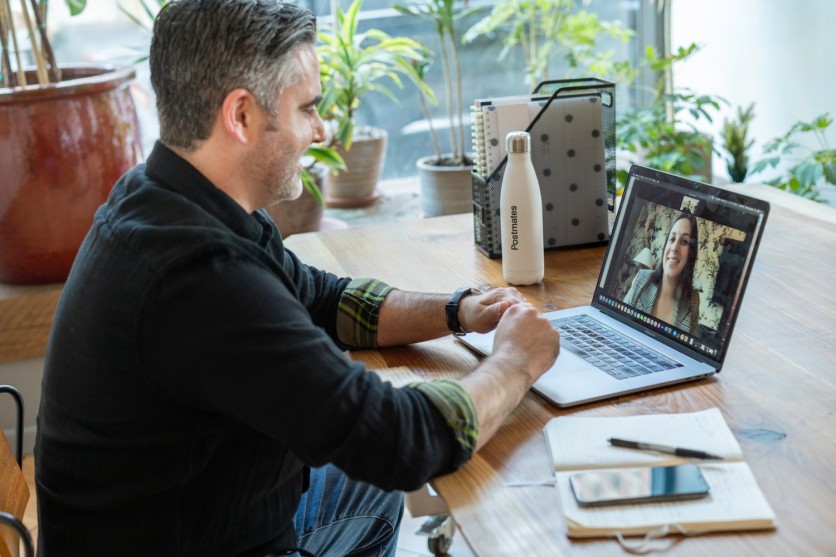The prevalence of AI deepfakes is frowned upon in the industry, but Zoom wants to take advantage of this marvel to proxy for a person whenever taking a video call and does not want to be on camera. However, there are still massive challenges in employing a digital twin to stay in place of a person and represent them in these situations, with Zoom open to this possibility.
Various takes on AI-made digital twins have been presented by different companies, including answering machines that replicate one's voice, with Zoom's vision focusing on both audio and video.
Zoom Wants AI Deepfakes for Video Calls
In an interview with The Verge, Zoom CEO Eric Yuan expressed his sentiments on having an AI-generated representation of oneself appear on video calls, a.k.a. deepfakes of oneself. However, it would not use the normal large-language models (LLMs) we know now from companies like OpenAI, Google, Meta, and more.

Rather, there could be "custom" LLMs that the users could train to replicate their identity and other aspects to create an AI that would stand (or sit) in their place during video conferences.
Yuan believes that having one's own LLM is the key to creating digital twins, which could lead a person to rely on their AI-made representation during these situations.
Is Digital Twin AI From Zoom Coming?
The Zoom CEO does not yet have this kind of technology, but he believes it may come soon to deliver the experience. In his words, this technology may arrive five to six years into the future, but for now, there is still a lot of work to do, especially as it was pointed out that today's LLMs have hallucination tendencies.
Additionally, Yuan claimed that Zoom's improved end-to-end encryption may help secure it.
AI Digital Twins in the Present
Computers cannot replicate organic human life, but there have been attempts to develop the best possible alternative, which centers on an AI-powered digital twin currently under development. In 2022, some researchers studied the possibility of creating digital twins, programming the technology to identify as a person and replicate a person, possibly to be installed on robots.
The age of generative AI has taken these experiments a step further, with many companies experimenting with replicating a person using the technology, including Jen AI, actress Jennifer Lopez's digital twin from Virgin Voyages.
Native AI, a startup AI company, has also created its take on this called the Digital Twins solution. It is made to emulate a person while banking on its LLM training for brands and more.
Pop culture's sci-fi representations regarding AI-powered computers and robots replicating a person are starting to translate to reality, with many companies already experimenting with replicating a person on digital platforms. Zoom is among those companies widely interested in this possibility, one that would deepfake or replicate a person using generative AI to appear on video calls for them.

ⓒ 2025 TECHTIMES.com All rights reserved. Do not reproduce without permission.




